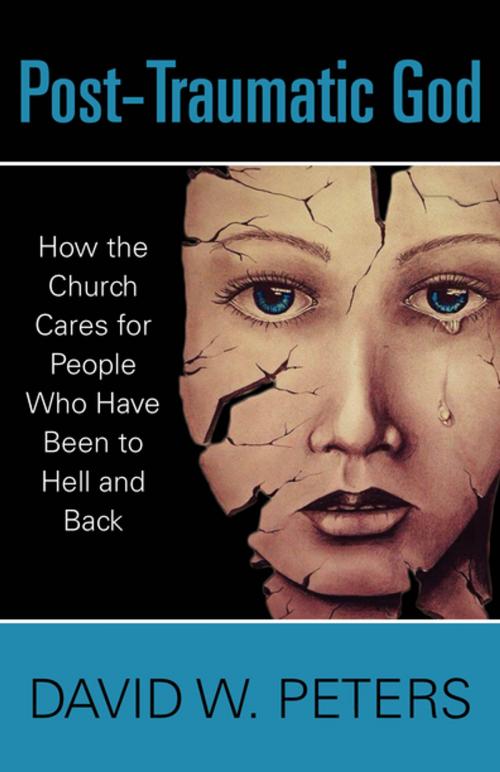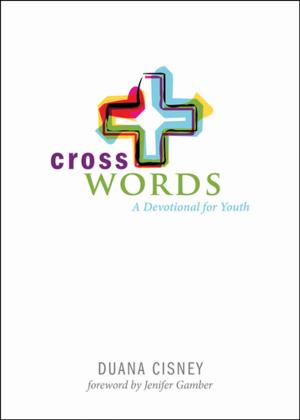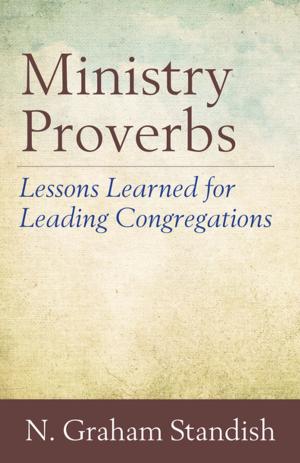Post-Traumatic God
How the Church Cares for People Who Have Been to Hell and Back
Nonfiction, Religion & Spirituality, Inspiration & Meditation, Faith| Author: | David W. Peters | ISBN: | 9780819233042 |
| Publisher: | Church Publishing Inc. | Publication: | September 1, 2016 |
| Imprint: | Morehouse Publishing | Language: | English |
| Author: | David W. Peters |
| ISBN: | 9780819233042 |
| Publisher: | Church Publishing Inc. |
| Publication: | September 1, 2016 |
| Imprint: | Morehouse Publishing |
| Language: | English |
After traumatic events, many (especially young people) turn away from the Church; Post-Traumatic God presents a path home, providing a way back to a God who can be trusted, loved, and worshipped. Today, the church is sometimes viewed (even from within) as a place apart, which may create a barrier of understanding for those who have experienced trauma. Post-Traumatic God grew out of Peters’ own experience as a chaplain in Iraq and later as an Episcopal priest, and from his subsequent work with an organization he founded, Episcopal Veterans for Peace, which helped him identify the need for this quite-different book to bridge that gap. In it, Peters explores three related themes: history (the early church itself was a post-traumatic community); theology (especially building on Tillich's World War I experiences and the theology he subsequently developed); and ecclesiology (how church can offer community to trauma survivors. Post-Traumatic God equips the Church to heal the unseen wounds of the soul. War is Hell. For many who go to war, Hell is a place they can come back from. But others find, on their return, that Hell has come back with them. This was true for David Peters. As a chaplain in Iraq, he saw things he couldn’t unsee. He experienced things that would stay with him for the rest of his life. He came home, suffering from the effects of traumatic stress, to a failing marriage, a fractured faith, and an unknown future. Post-Traumatic God tells the story of how he put his life and faith back together—and how we can help others do so as well. The first Christians, he says, were themselves traumatized by Jesus’s crucifixion. The New Testament, he argues, is a post-traumatic book written by a post-traumatic people. Paul Tillich, the great twentieth-century theologian traumatized during World War I, developed new ways of understanding God that helped Peters recover his sense of the sacred—and can help others. In his work with veterans that now defines his vocation as an Episcopal priest, Peters has learned that we don’t need to “help” veterans—we need to listen to them and pray with them as they learn not to expect more trauma around the next corner. “Veterans do not need more barbeques, picnics, or trips to amusement parks,” he writes. “What we do need is community, connection to ourselves, to each other, and to God. The Church is the best organization to do this.”
After traumatic events, many (especially young people) turn away from the Church; Post-Traumatic God presents a path home, providing a way back to a God who can be trusted, loved, and worshipped. Today, the church is sometimes viewed (even from within) as a place apart, which may create a barrier of understanding for those who have experienced trauma. Post-Traumatic God grew out of Peters’ own experience as a chaplain in Iraq and later as an Episcopal priest, and from his subsequent work with an organization he founded, Episcopal Veterans for Peace, which helped him identify the need for this quite-different book to bridge that gap. In it, Peters explores three related themes: history (the early church itself was a post-traumatic community); theology (especially building on Tillich's World War I experiences and the theology he subsequently developed); and ecclesiology (how church can offer community to trauma survivors. Post-Traumatic God equips the Church to heal the unseen wounds of the soul. War is Hell. For many who go to war, Hell is a place they can come back from. But others find, on their return, that Hell has come back with them. This was true for David Peters. As a chaplain in Iraq, he saw things he couldn’t unsee. He experienced things that would stay with him for the rest of his life. He came home, suffering from the effects of traumatic stress, to a failing marriage, a fractured faith, and an unknown future. Post-Traumatic God tells the story of how he put his life and faith back together—and how we can help others do so as well. The first Christians, he says, were themselves traumatized by Jesus’s crucifixion. The New Testament, he argues, is a post-traumatic book written by a post-traumatic people. Paul Tillich, the great twentieth-century theologian traumatized during World War I, developed new ways of understanding God that helped Peters recover his sense of the sacred—and can help others. In his work with veterans that now defines his vocation as an Episcopal priest, Peters has learned that we don’t need to “help” veterans—we need to listen to them and pray with them as they learn not to expect more trauma around the next corner. “Veterans do not need more barbeques, picnics, or trips to amusement parks,” he writes. “What we do need is community, connection to ourselves, to each other, and to God. The Church is the best organization to do this.”















